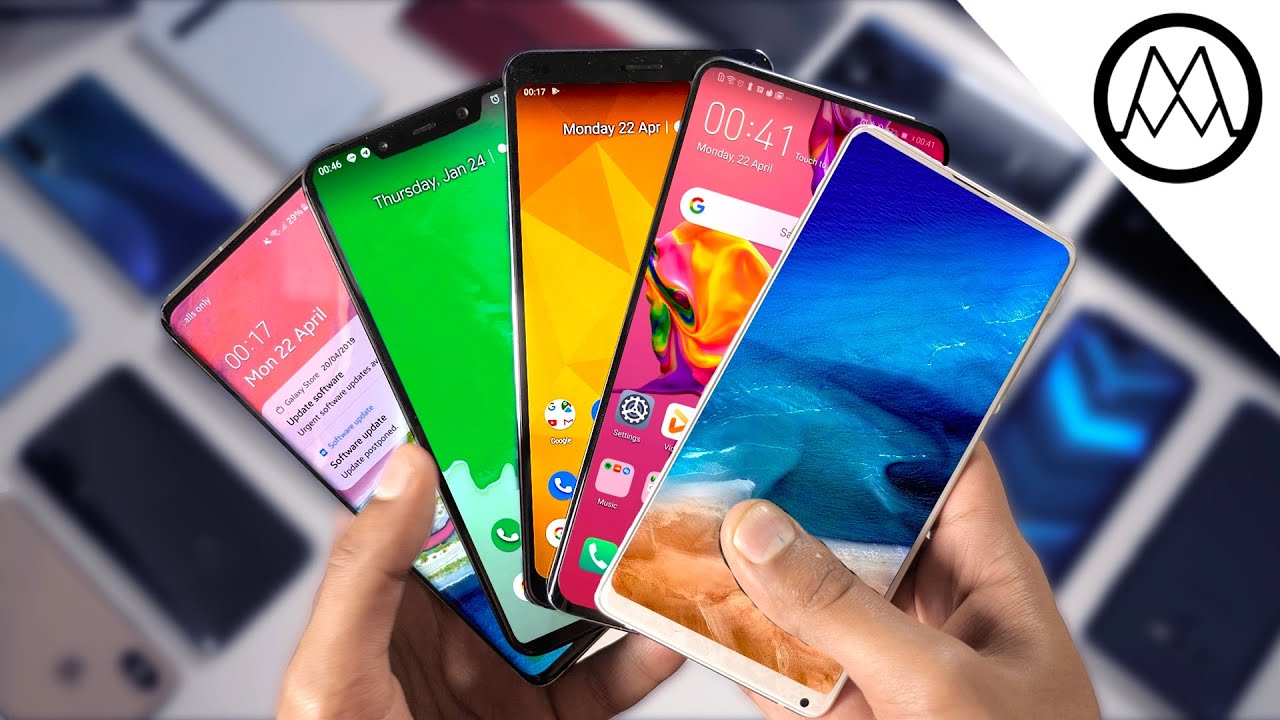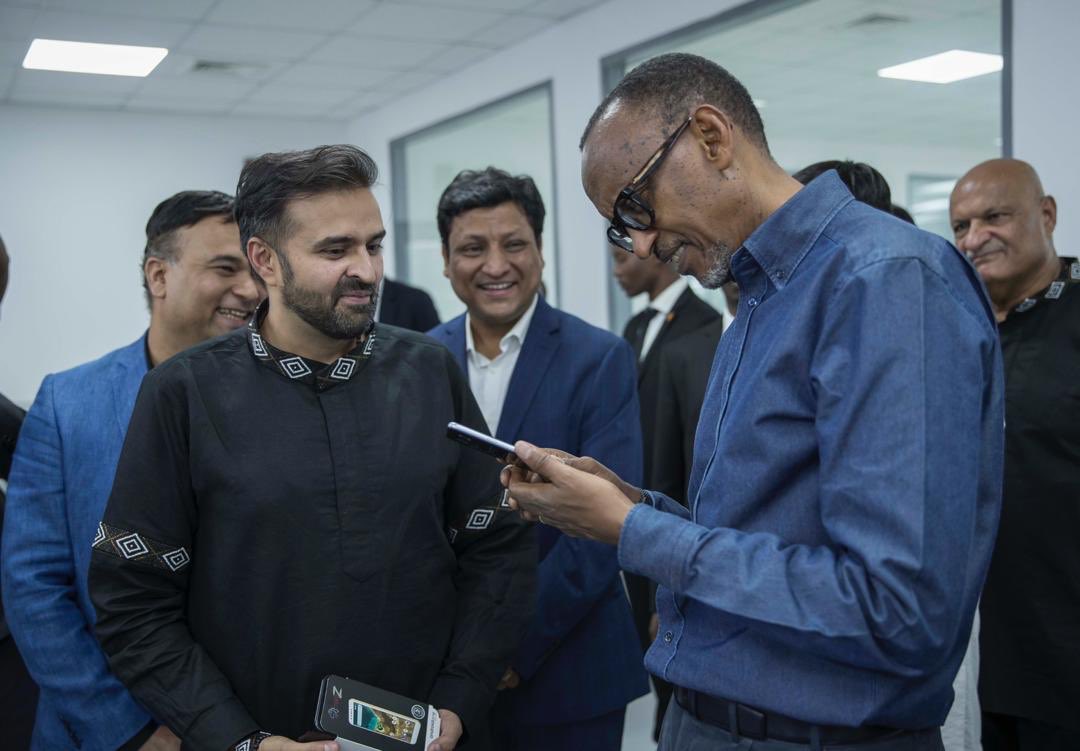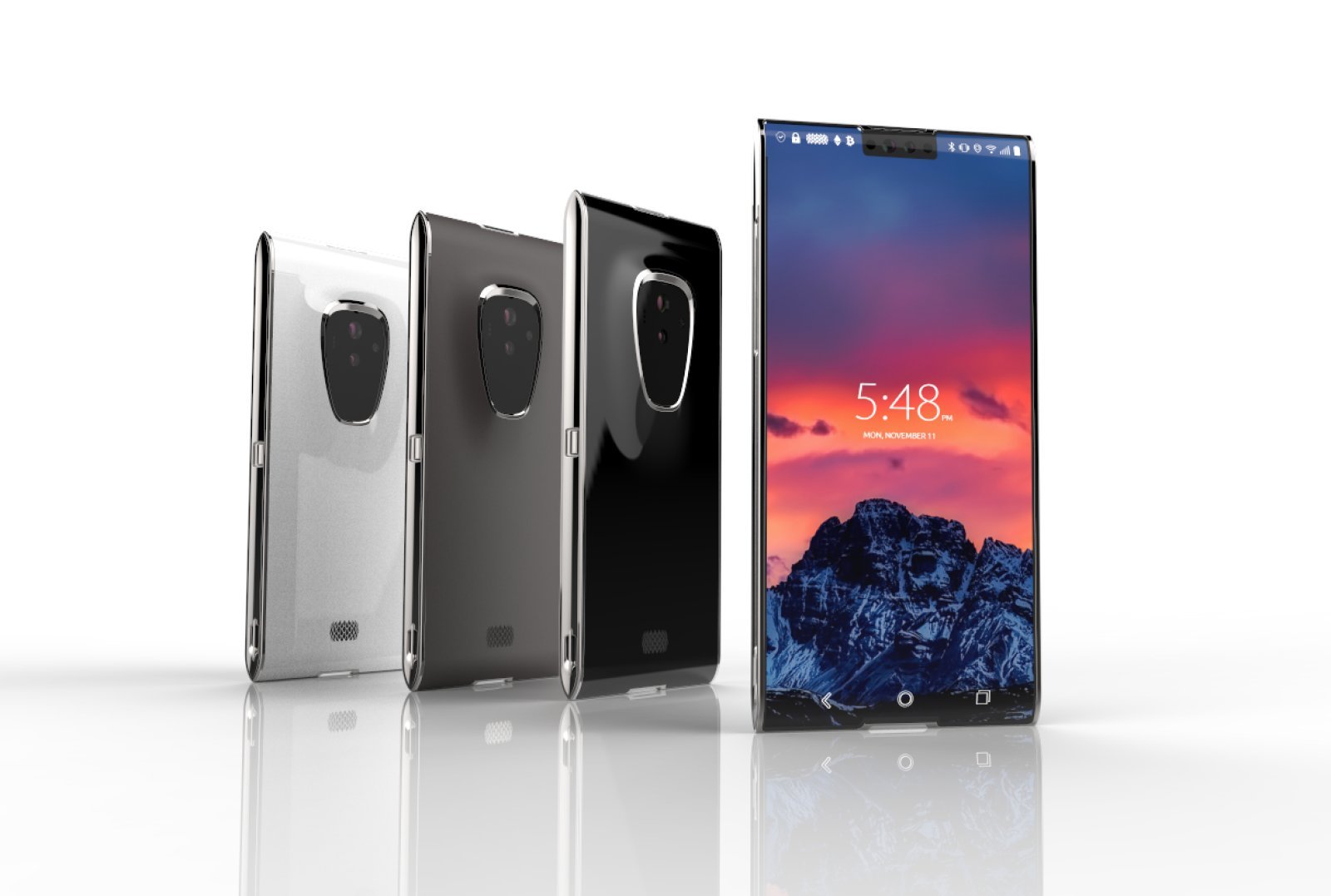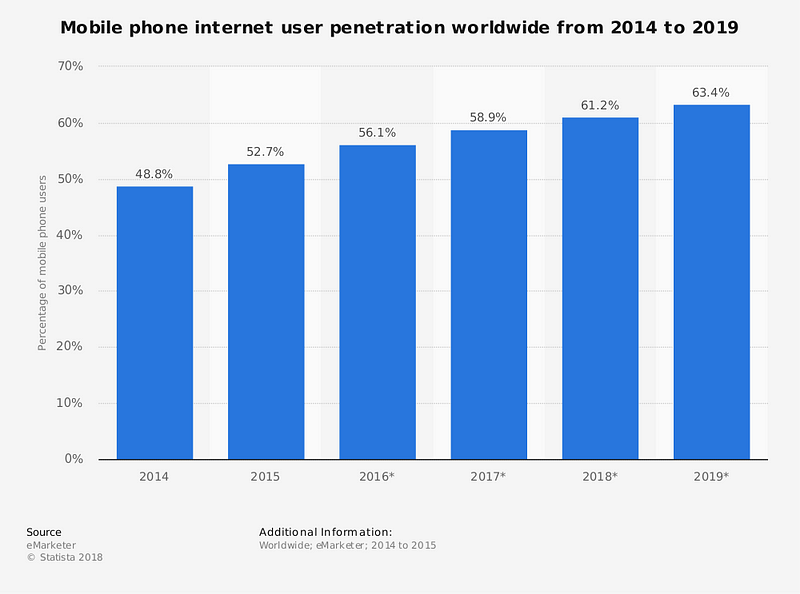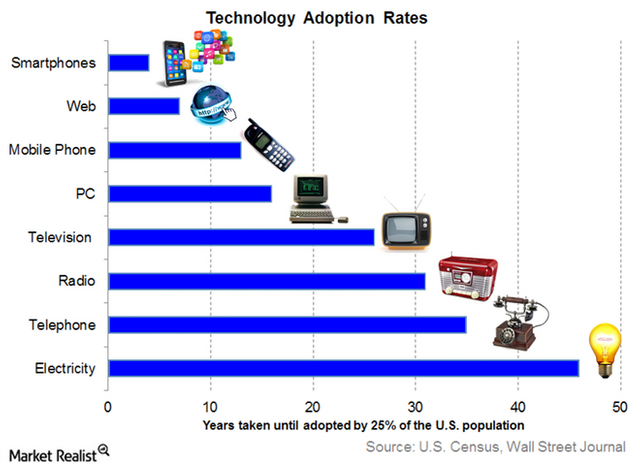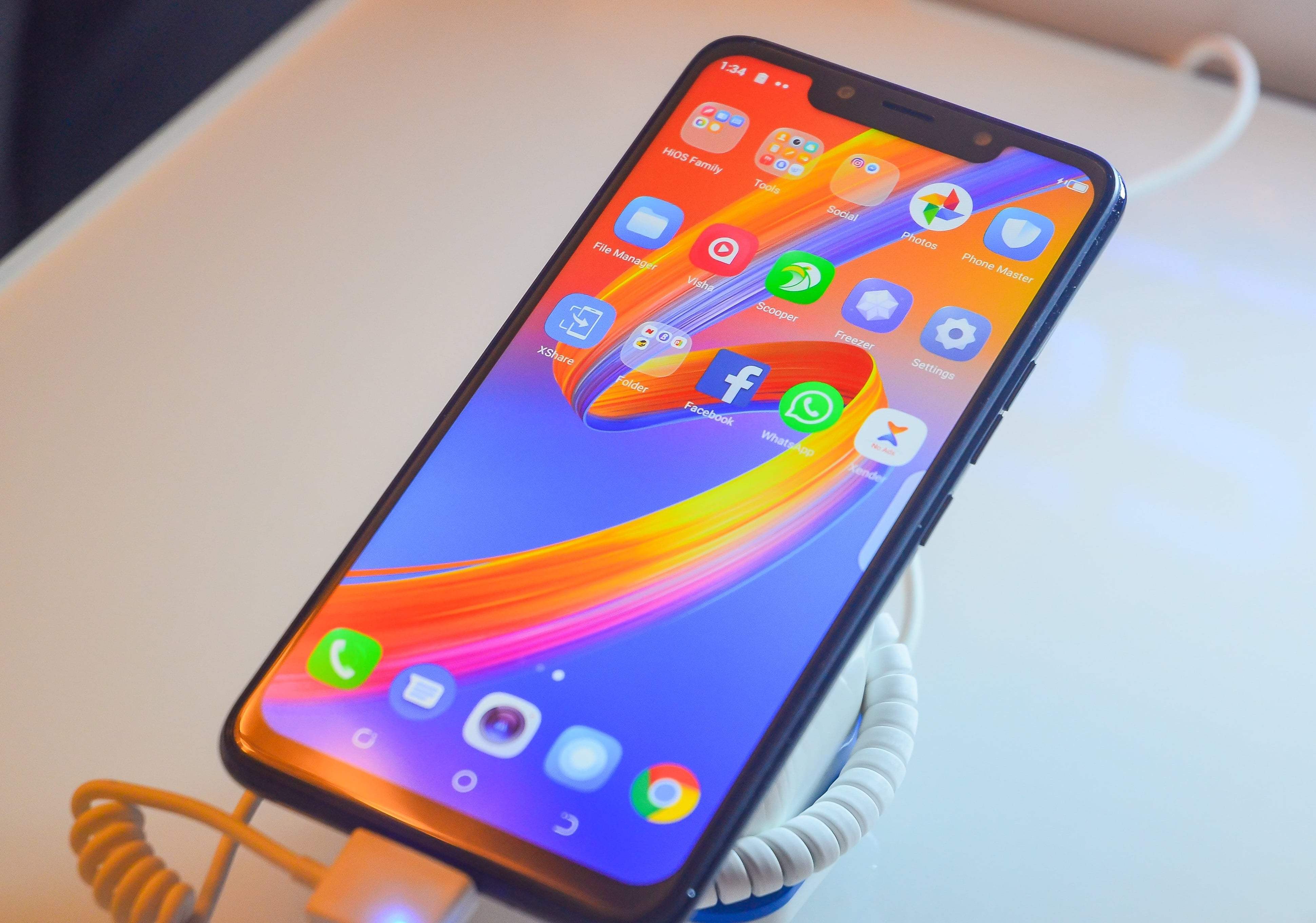Chad Abolishes Import Taxes On Smartphones, Computers, Tablets For Five Years
According to the telecoms regulator in Chad, Chad’s Internet penetration rate will be barely 14 percent in 2020. The government is taking aggressive measures to catch up on the digital inclusion of communities as the digital economy grows around the world. Henceforth, importers of telephones for wireless cellular networks (all varieties of mobile phones and smartphones), automatic data processing machines (all types of computers and tablets, fixed and mobile), and related accessories are exempt from import duties and taxes in Chad for the next five years.

According to a Ministry of Finance decree, the measure took effect on Monday, January 24.
Modems, routers, and other Internet connection devices are also affected.
The Chadian government is setting the groundwork for broader public participation in the digital economy through this tax exemption, which it plans to develop over the next 10 years through the digital transformation initiative presently in development.
Read also French Telecoms Firm Orange Backs Senegalese Logistics Startup PAPS In $4.5M Funding Round
Chad remained one of the countries on the continent with the lowest Internet penetration percentage in 2020.
The Regulatory Authority for Electronic Communications and Posts (ARCEP) reports that Chad’s Internet penetration rate was 14.2 percent in its 2020 annual report on the telecoms market, which was published in July 2021.
There are 2,310,332 Internet users out of 8,696,859 telecom subscribers.
The World Association of Telephone Operators (GSMA) stated in their report “Sub-Saharan Africa Mobile Economy 2021” that the high cost of mobile devices is to blame for Africa’s poor mobile Internet penetration rate, particularly in Chad.
It noted that out of the region’s 1,084 million inhabitants, 575 million (53 percent) live in places with mobile broadband networks but do not yet use it due to a shortage of compatible devices.
Read also Important Factors to Consider While Building a Business Intelligence Programme for Your Organisation
In their 2020 study “From luxury to lifeline: Reducing the cost of mobile devices to achieve universal internet access. Web Foundation,” the Alliance for Affordable Internet (A4AI) found that the average price of a smartphone in Africa was $62 or 62.8 percent of per capita gross national income on a monthly basis.
It campaigned for a reduction in specific taxes that affect the price of mobile handsets and people’s access to telecom services, in collaboration with the GSMA.
The GSMA already pointed out to the Chadian government in its 2017 report “Digital inclusion and mobile sector taxation in Chad” that mobile tax reform has the potential to align investments in infrastructure and access to mobile services with the Vision 2030 strategy’s ICT-related development goals.
Chad computers smartphones taxes Chad computers smartphones taxes
Charles Rapulu Udoh

Charles Rapulu Udoh is a Lagos-based lawyer who has advised startups across Africa on issues such as startup funding (Venture Capital, Debt financing, private equity, angel investing etc), taxation, strategies, etc. He also has special focus on the protection of business or brands’ intellectual property rights ( such as trademark, patent or design) across Africa and other foreign jurisdictions.
He is well versed on issues of ESG (sustainability), media and entertainment law, corporate finance and governance.
He is also an award-winning writer

